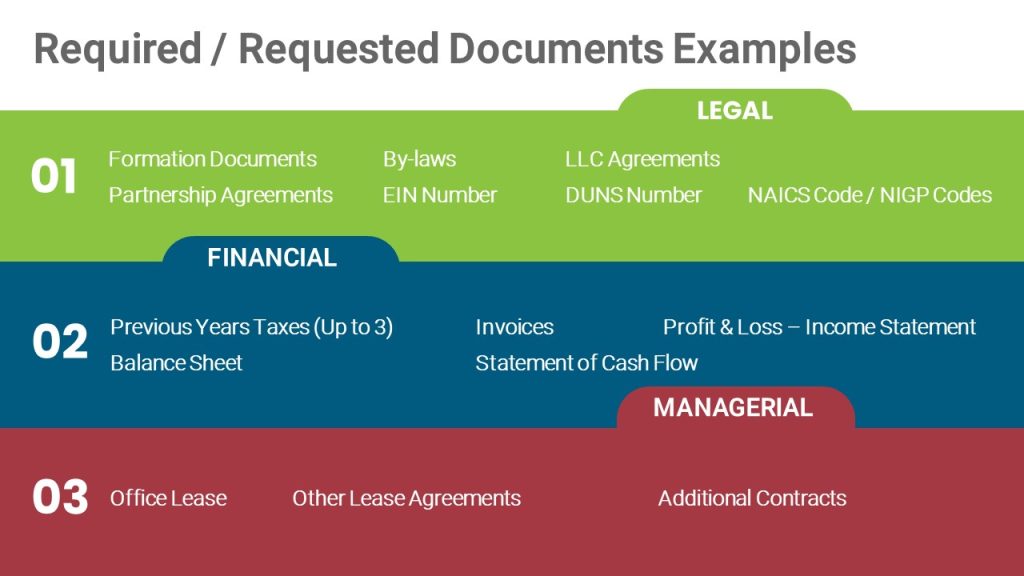
How Legal Documents Impact Certifications

There are benefits in certification. While certification may not be a requirement to do business with a government entity, many entities have SMWBE (Small, Minority, and Women-Owned Business Enterprise) programs that have goals that need to be met, either directly by the entity or through subcontracting opportunities.
Certification can set your company apart from your competitors. Most people just jump in and start the process, but there is at least one thing you should do before you start the process.
Read and understand your legal documents
In the 14 years I processed certification applications, served on certification committees at a national level, and worked with other local certification agencies, 90% of denials were based on legal documents. We referred to this as a legal technicality.
I had the opportunity to speak to most of the applicants that were denied by the organization I worked for at the time. Common feedback was their bylaws or LLC agreement didn’t reflect what they thought it said when drafted by an attorney. That maybe have been the case, but the owners signed the document so therefore they “agreed” with the way it was written.
The problem? They never actually read the document.
How legal documents impact certifications

Understanding your bylaws or LLC agreement is essential before applying for certification to avoid denials or delays. How can they impact certifications? Here are a few examples:
A corporation is 51% owned by woman and 49% owned by a male. The bylaws state that a quorum is 75%. A quorum is needed to approve taking out a loan, electing officers, or making other major decisions. The 51% female owner cannot make any of those decisions without her 49% male co-owner. She does not have legal control over the company and, as a result, would not be certified as a woman-owned business.
Single member LLCs are another common example since they are common for startup companies.
Most people assume that since they’ve created a single member LLC, that they should not be concerned about how the operating agreement is written. After all, it is only the one person making decisions. That may be true at the beginning, but the owner still needs to understand how legal documents are written and how adding individuals or investors to the LLC can impact the legal control.
How changes to your structure can affect certifications
Sally Smith owned Sally Smith Products, LLC. Since the inception in 2000, the company has been a single-member LLC. Sally has three sons that have grown up in the business and now all are employed full-time. While meeting with her estate attorney, it was suggested that she consider gifting each son a small portion of the company for estate purposes.
Sally is proud of her sons and believes this is the next step toward her eventual retirement. She sees pictures of sandy beaches in her near future. But not yet. Sally gifts each son 10% of the company. She still has 70% of the company. Her certification is up for renewal, and she sends in the paperwork showing the change in ownership. She is surprised with a letter of denial instead of her normal certificate. Had she taken the time to review her operating agreement, she would have seen that a quorum for Sally Smith Products, LLC is 75%. She no longer has legal control over her company.
Sally has several contracts that the certification played a major role in obtaining. Two are through local prime contractors and one is direct through a government entity. There is a very good chance that she will lose those contracts as she now must get her legal documents redrawn and apply for certification as a new company, not a renewal.
Working to certify your small business?
B2G Victory can help! Schedule a time on our Booking Calendar at the link below, and we’ll discuss what resources your business needs to achieve victory.
